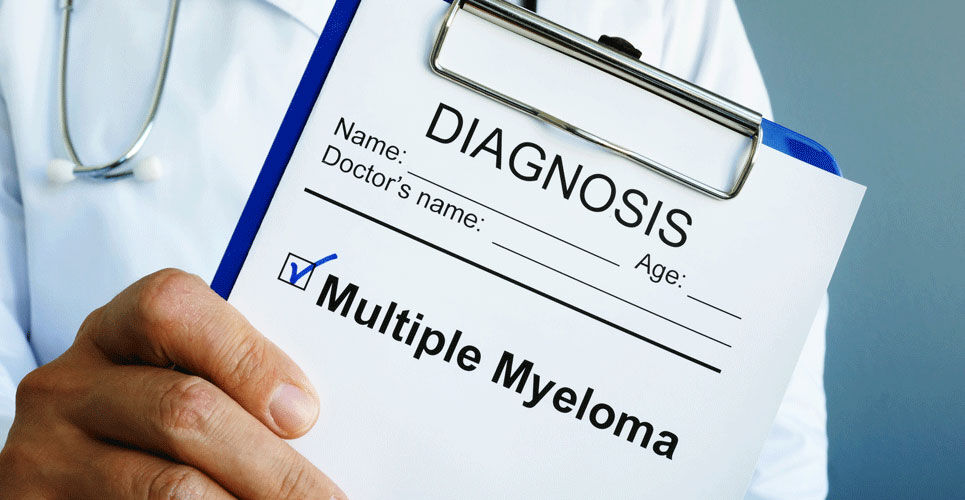Use of elranatamab resulted in a durable clinical and molecular response in patients with relapsed or refractory multiple myeloma.
A study presented at the 64th American Society of Haematology (ASH) conference in New Orleans, revealed how elranatamab is efficacious with a manageable safety profile in patients with relapsed or refractory multiple myeloma (MM).
Multiple myeloma (MM) is a clonal plasma cell proliferative disorder characterised by the abnormal increase of monoclonal immunoglobulins and which if left unchecked, can ultimately lead to specific end-organ damage.
It is an uncommon cancer, with the global, age-standardised rate incidence estimated to be 1.78 per 100 000 people but with a mortality rate of 1.14 (95% UI 1.07-1.21) per 100 000 people in 2020.
Most patients present with symptoms related to organ involvement, including hypercalcaemia, renal insufficiency, anaemia, and bone lesions (known as calcium, renal failure, anaemia, and bone lesions [CRAB] symptoms). In contrast, a minority of patients are asymptomatic but are identified through abnormal blood and/or urine tests.
At the ASH conference, data were presented for elranatamab, which is a bispecific antibody that targets expression of B-cell maturation antigen (BCMA) and CD3 on T-cells, activates and redirects the T-cell mediated immune response against MM.
The findings come from the MagnetisMM-1 trial designed to assess the safety and tolerability at increasing dose levels of elranatamab in patients with relapse/ refractory multiple myeloma in order to determine the maximum tolerated dose and select the recommended Phase 2 dose.
Within the trial, elranatamab was administered subcutaneously at doses from 80 to 1000µg/kg either weekly or every 2 weeks.
Elranatamab clinical response
A total of 55 patients with a median age of 64 years and of whom, 27% were Black/African American or Asian, received elranatamab at a dose ≥215μg/kg. The median number of prior regimens was 5 (range 2-14) with 91% being triple-class refractory, 69% of whom had prior stem cell transplantation, 29% had a high cytogenetic risk and 24% received prior BCMA-targeted therapy.
After a median follow-up of 12.0 months and including only those with an International Myeloma Working Group (IMWC) confirmed responses, the objective response rate (ORR) was 64% (95% CI 50 – 75%) and with 56% of participants achieving very good partial response (VGPR) or better and 38% achieving complete response (CR) or better.
Among 35 responders, the probability of being event-free at 12 months was 59% (95% CI 39-74%) and the Kaplan-Meier estimate for the median duration of response was 17.1 months (95% CI 10.6 – not estimable).
Elranatamab induced durable clinical and molecular responses and 100% (12/12) of evaluable patients with confirmed CR or better achieved minimal residual disease (MRD) negativity at a sensitivity of 1×10-5 including 2 participants with MRD negativity and ongoing stringent complete response beyond 2 years.
The most common treatment-emergent adverse effects included the cytokine release syndrome in 67% of participants but this was limited to grade 1 (33%) or grade 2 (33%) severity with no grade 3 or higher responses.
The authors concluded that elranatamab induced durable clinical and molecular responses for patients with relapsed or refractory MM, with an ORR of 64% and more than half of these patients (38%) achieving CR or better, and 100% of evaluable patients able to achieve MRD negativity. They added that these results support further development of elranatamab for patients with MM.
Citation
Raje N et al. Elranatamab, a BCMA Targeted T-Cell Engaging Bispecific Antibody, Induces Durable Clinical and Molecular Responses for Patients with Relapsed or Refractory Multiple Myeloma. Abstract No 158, ASH 2022.

